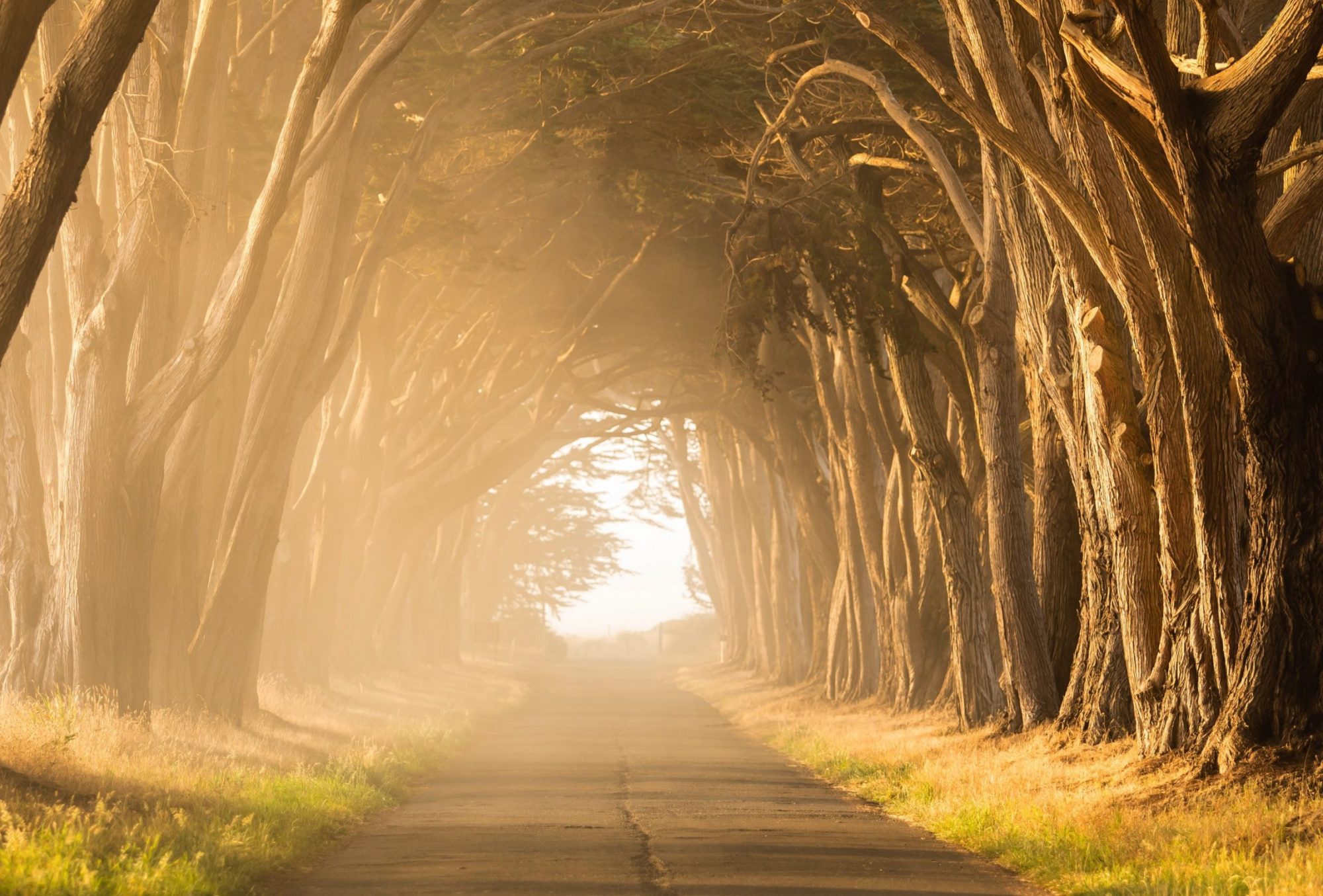The early modern period is a term used by historians to indicate the period roughly from 1500 to 1800, the period in between the Middle Ages and the emergence of a recognisably modern world by the nineteenth century. The term indicates that this a period that saw developments (particularly in Europe and its colonies) in science, religion, society, politics and literature that paved the way for the world we recognise (e.g. the empirical scientific method, religious pluralism and religious liberty, capitalist economics, and the novel), while still being tangibly different in many ways from the world we inhabit.
The term refers to roughly the same period that older scholarship particularly in literary studies referred to as the Renaissance, but, while the term Renaissance has the sense of “rebirth”, referring to the perceived rebirth of classical learning leading to a new flourishing of knowledge and culture contrasted with what many writers of the time saw as the darkness of the Middle Ages, “early modern” is a less value-laden term. The preference of most historians today for “early modern” over “Renaissance” recognises that the claims of Renaissance humanists to an intellectual and cultural superiority over the medieval period provide an overly simplistic and somewhat self-serving version of cultural and intellectual history, while still recognising that important shifts take place during this period. Also, while “Renaissance” is a label that aligns the period with the classical past of the Greek and Roman empires, “early modern” is a label that is more forward-looking, suggesting continuities between the changing world of 1500 to 1800 and the world we inhabit today.
Our hope is that these texts, covering the history of fields as diverse as politics, religion, science, family life, food and drink, and fishing, will be of interest and accessible to students and researchers alike.
